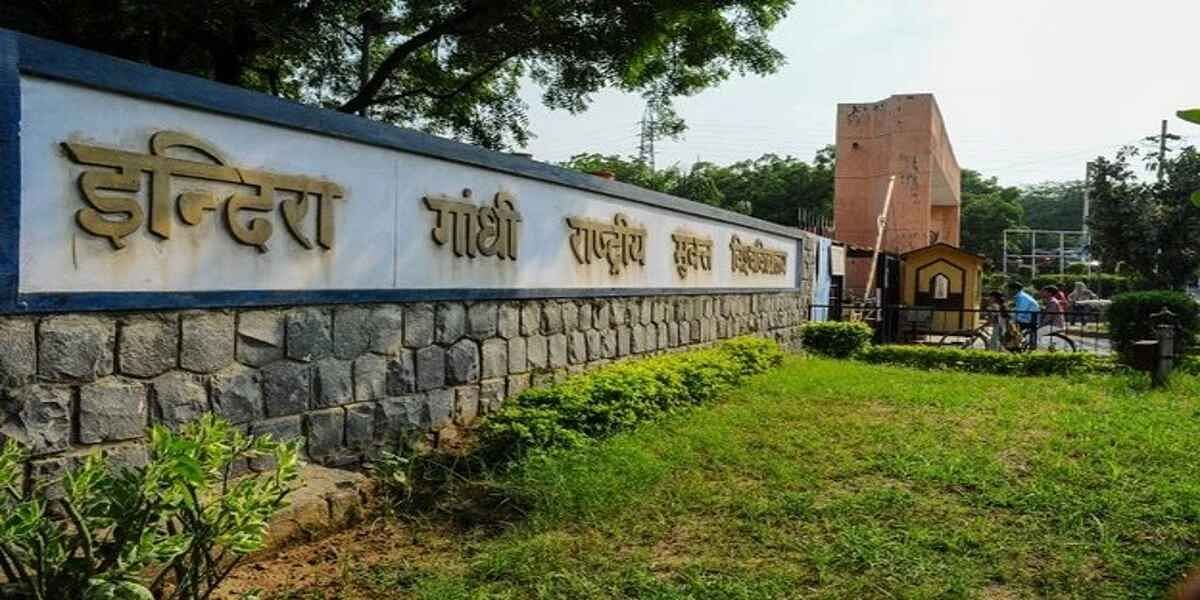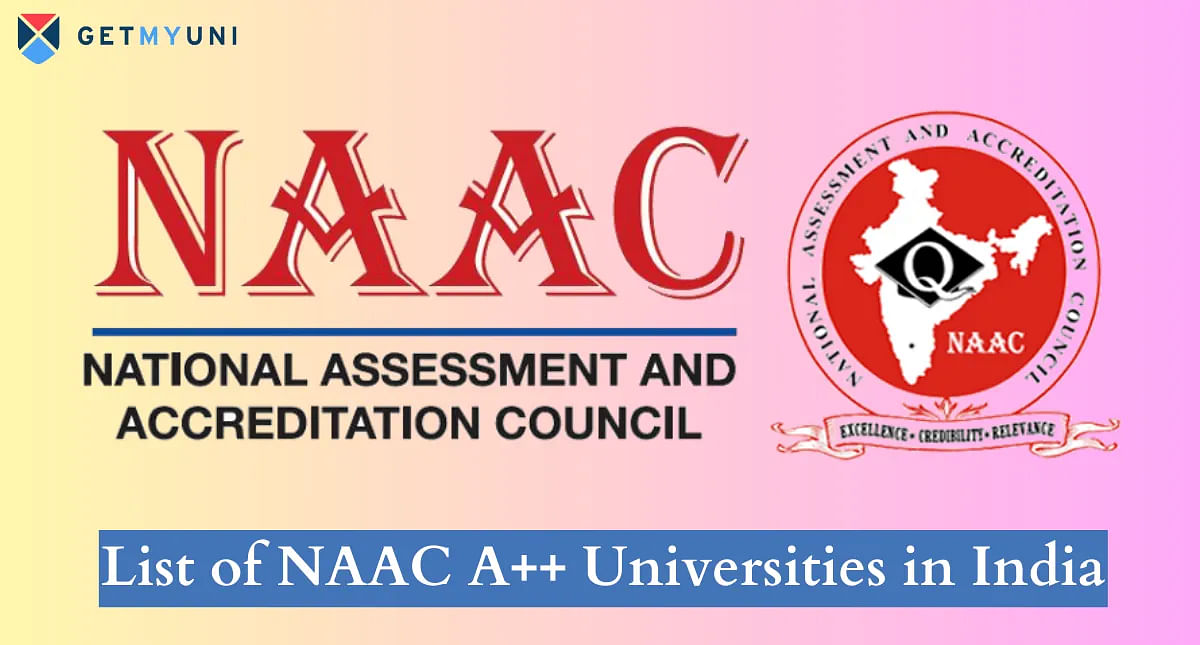The difference between ITI vs Polytechnic is that ITI has a shorter term as compared to the ITI courses. ITI is a certificate course, while Polytechnic is a diploma course.
The difference in ITI vs Polytechnic is that the ITI is a certificate course offering vocational training, while Polytechnic is a Diploma course. An ITI course duration is between 6 months and 2 years, while the duration of Polytechnic is 3 years.
There are few key differences between an ITI course and a Polytechnic course, which shall be discussed in the sections that follow. Both the courses offer a range of disciplines to choose from.
ITI vs Polytechnic: Key Differences
The key differences between ITI and Polytechnic have been listed in the table below:
|
Type of Course |
ITI |
Polytechnic |
|
Certificate or Diploma or Degree |
Vocational |
Diploma |
|
Course Duration |
6 months to 2 years |
3 years |
|
Eligibility Criteria |
Passing the 8th class/ 10th class/ 12th class depending on the kind of trade |
Passing class 12 board examination with Physics, Chemistry, and Mathematics |
|
Focus Areas |
Development of skills with respect to the trades |
Diploma course in engineering |
|
Aim of the Course |
Vocational training in specific skills |
Imparting theoretical and practical knowledge |
|
Courses Offered |
Industrial trades such as fitter, welder, electrician, etc. |
Courses in engineering such as mechanical, electrical, and civil |
|
Employment Areas |
Small and big scale industries require specific trade workers. |
Technical and industry specific jobs, IT sector |
Also Read: Polytechnic Entrance Exam 2024: Date, Eligibility Criteria, Career Option
ITI stands for Industrial Training Institute. ITI trade centres are located in almost all the states. These centres offer vocational training courses in various kinds of trades such as electrician, fitter, plumber, welder, carpenter, draughtsman, etc. These are certificate courses.
After completion of the ITI courses, the candidates are awarded NCVT/SCVT certificates. The candidates completing ITI courses are recruited by different small and big industrial units. These are mostly short term courses ranging between 6 months and 2 years.
Advantages of ITI Courses
The advantages of ITI courses are:
- The ITI courses are short term courses, the time period varying between 6 months and 2 years. The ITI passed candidates get employment right after the completion of the courses.
- ITI courses can be done after passing class 8 or class 10 board examination or class 12 board examination, depending on the kind of trade.
- Most of the ITI trades do not require a science background. Students coming from any stream can join the trades.
- ITI courses are offered in both government and private institutes. Even for the private institutes, the maximum course fee is INR 50000. These courses are affordable.
- The number of trades available under ITI is vast, such as electrician, fitter, computer operator, plumber, welder, carpenter, and a lot more.
Disadvantages of ITI Courses
The disadvantages of ITI courses are:
- The scope of the trades or courses is not vast. The courses have a limited scope. So there is not much space for the growth of the trade professionals.
- The options for career with each specific trade are also small.
- The ITI courses being vocational in nature, do not give the students a good amount of exposure to theoretical knowledge.
Also Check: West Bengal ITI Admission 2023: Dates, Counselling, Seat Allotment
What is a Polytechnic Course?
A Polytechnic course is a Diploma course which has a tenure of 3 years. A Polytechnic course is almost similar to a BTech course, except for a few basic differences. The differences are in terms of the syllabus, curriculum, and tenure.
While a BTech course is a degree course that runs for a duration of 4 years, which is where its difference with Polytechnic lies. Polytechnic courses are available in various disciplines like civil, electrical, mechanical, etc.
Advantages of Polytechnic Courses
The advantages of Polytechnic courses are:
- The Polytechnic course offers a broad scope in terms of career. It is a diploma in engineering.
- After completing a Polytechnic course, a candidate can choose to get employment or further his/her studies.
- The course involves both theoretical as well as practical knowledge.
- The Polytechnic course has a good prospect in terms of diversity of career options.
Disadvantages of Polytechnic Courses
The disadvantages of Polytechnic courses are:
- One of the most prominent disadvantages with comparison to the ITI courses is that the former is a very lengthy course.
- The eligibility criteria for admission to Polytechnic are stricter.
- The scope of study is limited with respect to the BTech course.
- The job opportunities are limited with respect to a BTech course.
Also Read: Top 10 ITI Colleges in Lucknow 2024
ITI vs Polytechnic: Similarities
Despite the differences, there are a number of similarities between ITI and Polytechnic. All such similarities between the two courses are stated below:
- Both ITI and Polytechnic courses impart education through theories and technical skills.
- Both the ITI and the Polytechnic courses are under the Government of India. The ITIs are under the supervision of the Ministry of Skill development and Entrepreneurship. The Polytechnic is under the supervision of the Ministry of Human Resource Development.
- Both the courses offer employment opportunities right after the completion of the courses.
Also Read: List of ITI Colleges in Patna: Government an Private
ITI vs Polytechnic: Which is Better?
ITI is a purely vocational course offering trade courses in various disciplines such as electrician, fitter, plumber, welder, etc. This course can be opted by those who are looking forward to starting their career early.
Depending on the trade course, the ITI courses can be started right after class 8 or class 10 or class 12. The candidates passing the ITI course get placed soon after the course is complete, which ranges from 6 months to 2 years.
A Polytechnic course is favourable for all such candidates who aspire to be an engineer, but want to reduce the time and cost of study.
Polytechnic has a wider career scope in comparison to ITI, and a smaller scope with respect to BTech degree. Polytechnic is as prestigious as BTech. The career options are also great following the completion of the Polytechnic course.
Also Read: List of Private ITI Colleges in 2024










